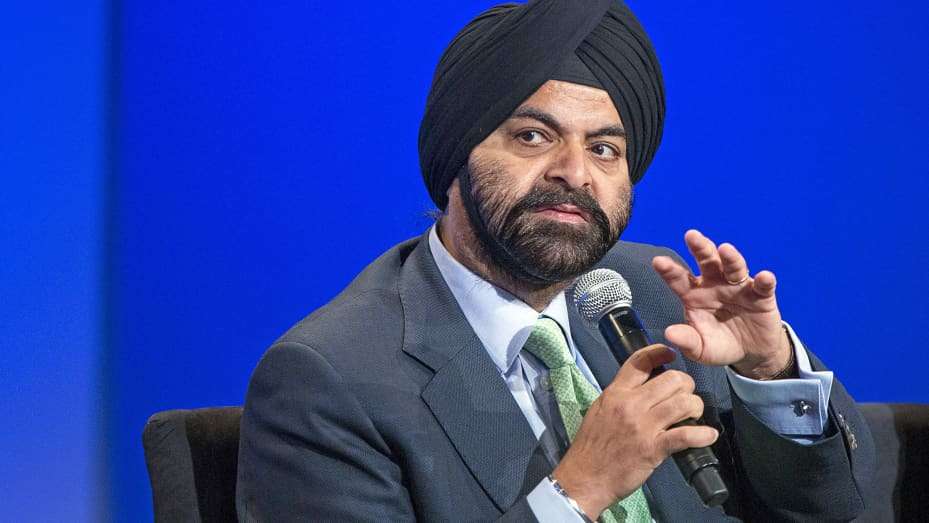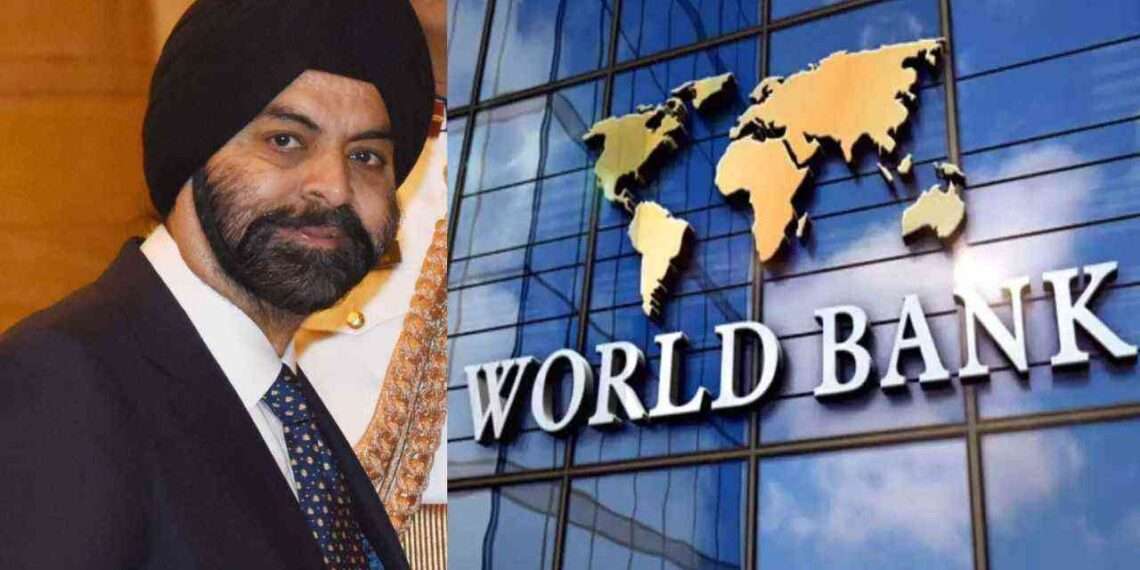Mr. Ajay Banga, the former CEO of Mastercard, has been nominated by President Joe Biden to head the World Bank, taking the helm of the 77-year-old institution that oversees billions of dollars in funding for developing countries.
The move comes at a critical time as the world faces intertwined challenges such as climate change, poverty reduction, and inequality.
Banga’s appointment was seen as a strategic move by the US to overhaul the institution to better address climate change – a move that has been driven by the Treasury Secretary, Ms. Janet Yellen.
The nomination comes after months of controversies surrounding the outgoing president of World Bank – Mr. David Malpass, who fumbled his answer on whether he accepted the scientific consensus on climate change, leading to escalating pressure by Ms. Yellen for him to adopt “bolder and more imaginative” reforms at the bank.
Banga, an India-born US citizen, brings a wealth of experience to the table, having spent decades in emerging markets and with close ties to the private sector.
Mr. Ajay Banga has already secured the support of Ghana, India, and Kenya, and therefore plans to visit as many countries around the world as possible over the next three weeks to understand their priorities and concerns.
Speaking with reporters at the U.S. Treasury Department, Banga stressed the importance of addressing the “intertwined” challenges posed by climate change, stating that: “you cannot have economic prosperity without caring about nature, pandemics, fragility, food availability – this is our new world.”
Mr. Banga further went on to underscore the need for the World Bank to continue to work on poverty reduction and inequality, adding that: “the challenges are multiplied and are multipolar.”

Significance of Banga’s Appointment
Banga’s nomination is worthy not only for the US-led push to overhaul the World Bank, but also for the institution itself, which has been headed by someone from the US, the lender’s dominant shareholder, since its establishment at the end of World War (II)Two.
The move could signal a shift towards a more global approach to the leadership of the institution, potentially ushering in a new era of diversity and inclusivity.
The World Bank has long been seen as a key player in global development, providing loans, grants, and technical assistance to developing countries. However, it has faced criticism for its approach to development, with some arguing that it has focused too much on economic growth at the expense of the environment and social welfare.
With Banga’s appointment, there is hope that the World Bank can strike a better balance between economic growth, social welfare, and environmental sustainability.
Banga’s tenure as head of the World Bank will be closely watched by investors and policymakers alike, as he navigates the challenges posed by climate change, poverty reduction, and inequality. His experience in emerging markets and the private sector could prove invaluable in driving the institution towards a more sustainable and equitable future.




















